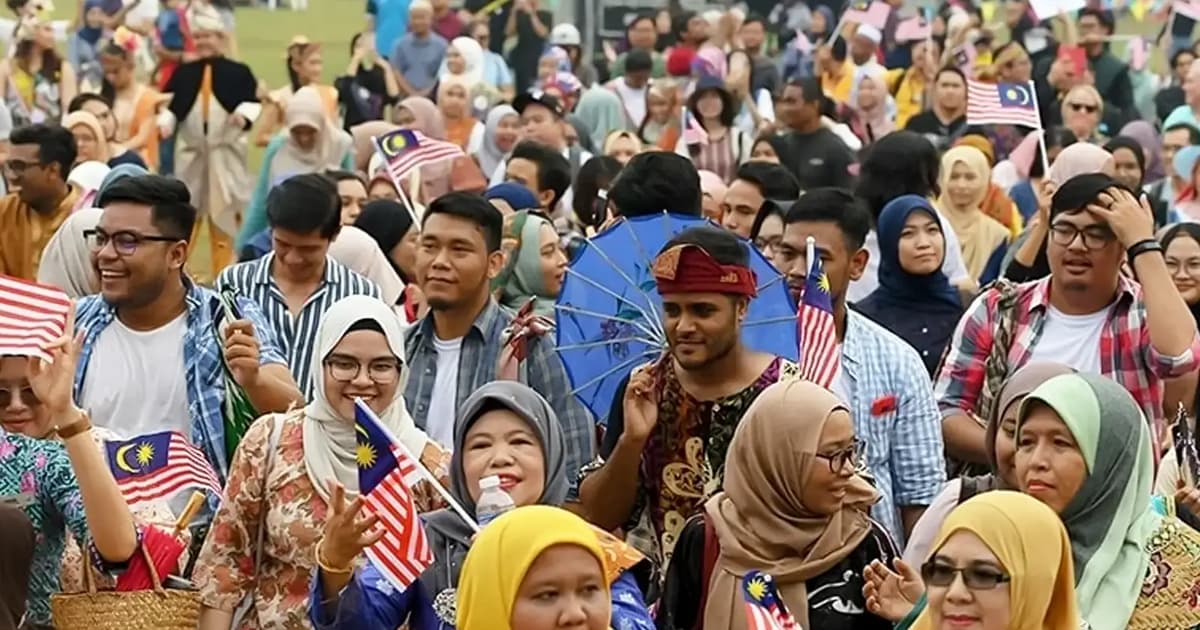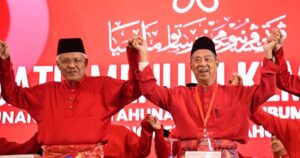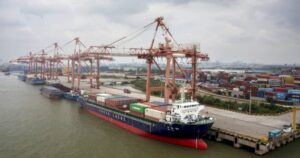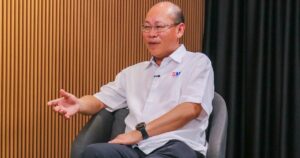
An economist has proposed the creation of a national endowment fund as a long-term mechanism to sustainably support the Bumiputera community.
Barjoyai Bardai said all Malay reserve land, excess government land, and portions of shares from government-linked companies such as Khazanah Nasional, Permodalan Nasional Bhd (PNB), Ekuiti Nasional Bhd (Equinas) and state-owned enterprises should be channelled to such the fund.

“The endowment fund should be managed by professionals like how they do it in Norway, where the principal will not be touched and only the income from this fund will be utilised,” he told FMT.
He was responding to concerns raised by the Malay Economic Action Council (MTEM) that the Malaysia-US Reciprocal Trade Agreement could undermine affirmative action policies for Bumiputeras.
Barjoyai said the income generated from the fund could be used to assist needy individuals, families, and micro and small Bumiputera businesses, providing a sustainable form of support until they achieve independence and success.
“This will be a sustainable way of continuing to assist the Bumiputera communities and businesses until they are independent and excel in life and business,” he said.
He said such a fund would also ensure long-term equity and self-reliance, rather than short-term dependence on subsidies or political patronage.
To balance Bumiputera protection with trade liberalisation, Barjoyai proposed a “dual-track approach” that focuses on fairness while building competitiveness.
“This would involve addressing colonial-era imbalances, providing targeted short-term support focused on capacity building, and gradually phasing out subsidies through sunset clauses,” he said.
He said performance-based incentives could be introduced “to reward firms that achieve export, innovation, or productivity targets”, while transparent procurement systems would ensure government contracts remain “merit-based yet inclusive”.
Citing global examples, Barjoyai said several countries had managed to open their economies while protecting vulnerable groups.
“South Korea invested heavily in education and R&D while liberalising trade, Chile paired open markets with targeted social programmes, and Vietnam used foreign direct investment to strengthen local supplier capabilities,” he said.
He added Malaysia could learn from these examples by creating a level playing field first, ensuring Bumiputera firms have the capacity and confidence to compete globally.






